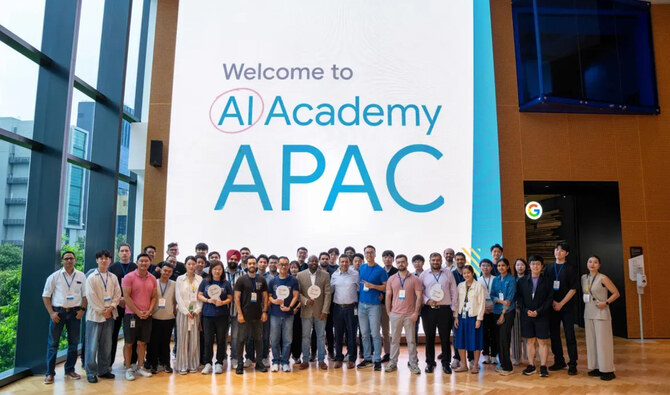In recent years, Artificial Intelligence (AI) has moved from being a futuristic buzzword to becoming a practical economic driver worldwide. From healthcare to finance, AI is shaping industries, creating jobs, and fueling innovation. Pakistan, with its young tech-savvy population and growing digital ecosystem, is now stepping into this arena. The rise of AI startups in Pakistan is generating excitement, but can they really become the next big economic engine for the country?
The Rise of AI in Pakistan
Over the past five years, Pakistan has witnessed a surge in tech startups. Supported by a growing freelance community, an expanding IT services sector, and government-backed incubators, AI startups are beginning to gain traction.
- Startup Ecosystem Growth: Pakistan recorded over $350 million in startup funding in 2021–2022, with a portion targeting AI-driven businesses.
- Global Recognition: Local companies are now offering AI solutions in fintech, healthcare, logistics, and education, attracting both local and international investors.
- Youth Advantage: With over 60% of the population under 30, Pakistan has one of the world’s largest pools of young digital talent.
Sectors Where AI is Driving Change
AI startups in Pakistan are focusing on solving local problems with global potential:
- Healthcare – AI-powered diagnostic tools, patient data systems, and telemedicine platforms are improving accessibility.
- Fintech – Fraud detection, credit scoring, and digital payment security are being enhanced with AI.
- Agriculture – Startups are using AI for crop disease detection, water management, and yield prediction.
- Education – Personalized learning apps and AI tutors are supporting both school students and professional learners.
- Retail & Logistics – AI-driven demand forecasting and delivery optimization are reshaping e-commerce.
Challenges Facing AI Startups
Despite the growth, AI entrepreneurship in Pakistan faces significant hurdles:
- Funding Gaps: While some sectors attract investors, AI startups often struggle to scale due to high R&D costs.
- Skill Shortage: Pakistan produces strong IT graduates, but advanced AI research expertise is limited.
- Infrastructure Issues: Power outages, poor internet reliability, and outdated hardware restrict AI adoption.
- Brain Drain: Talented engineers and researchers often migrate abroad for better opportunities.
